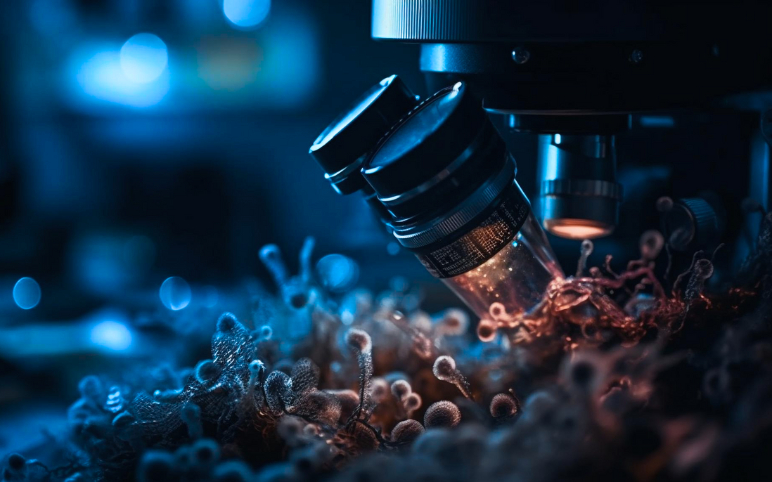AMD affects over 10 million people in the US alone, and is the leading cause of the irreversible vision loss in the population of age over 60. From a market point of view, it offers vast opportunities to pharma and biotech players to explore and launch their novel therapeutic agents. The arrival of biosimilars, however, brings bad news to the market size growth as the profit quadrant of companies with their novel assets nearing patent expiries starts to diminish. Even so, biosimilars help in improving therapy access to a vast patient pool at affordable prices thus reducing the burden on patients and caretakers.
SmartLabs Announces USD250 Million Series B Financing
SmartLabs, a Boston-based Laboratory-as-a-Service (LaaS) leader, announced the funding of USD 250 million in a Series B financing round. The company has managed to nab USD 330 million in the past 18 months and plans to expand its integrated lab space offerings that includes multifunctional R&D labs, vivarium, pilot-scale manufacturing, and cGMP.
The funding round was led by ArrowMark Partners along with the new investment partners including Winslow Capital Management and Onex Falcon, joined by existing investors ArrowMark Partners, Conversion Venture Capital (CVC2) and Breed’s Hill Capital.
SmartLabs plans to use the proceeds to augment its overall growth, with a plan to scale operations to 2 million square feet within five years. Further, SmartLabs announced the launch of the fourth version of its proprietary laboratory operations system (SmartLabs OS) which was first pioneered and introduced in 2016.
The company aims to become a global outsourcing platform that incorporates the scientific and infrastructure resources required by pharma/ biotech companies to facilitate drug discovery, development, and launch at various stages and sizes.
BARDA and Partner Therapeutics Collaborate to Strengthen Sepsis Treatment Space
Partner Therapeutics announced a collaboration with the Biomedical Advanced Research and Development Authority (BARDA) to accelerate the development of a new diagnostic approach to help identify immunoparalysis sepsis patients, who can be benefitted from Leukine (sargramostim).
The advanced technology of a Laboratory Developed Test (LDT) for monocyte HLA-DR, the identification of the immuno-suppressed or immuno-paralyzed sepsis patients is expected to become easier and more convenient. It will further enable the administration of a precision medicine approach to maximize clinical benefit from immune boosting study therapy with Leukine.
Sepsis is a life-threatening organ dysfunction that affected a total of 3,400,940 people in the 7MM in 2020, estimated DelveInsight. The condition does not have many therapy options with only a few approved therapies including Giapreza injection, Onoact and Empressin. Sepsis market also has been witnessing a lot of clinical failures of pipeline assets in late-stage clinical trials.
Thus, the company believes, if successful, its novel diagnostics assay will be able to leverage the potential of immunomodulating therapeutics in the Sepsis therapy domain.
Synlogic Unveils Results from Multiple Clinical Studies on Phenylketonuria
Synlogic, a clinical stage, Massachusetts-based biotech, announced positive results from numerous clinical studies evaluating two engineered microbes—SYNB1618 and SYNB1934—for the treatment of Phenylketonuria.
SYNB1618 managed to display clinically meaningful reductions of phenylalanine (Phe) at several dose levels, across multiple time points, in an interim analysis of the Phase 2 SynPheny-1 study. In a similar line, SYNB1934, an optimized strain evolved from SYNB1618, showed two-fold higher activity than SYNB1618 in a head-to-head Phase 1 study in healthy volunteers, as measured by biomarkers of Phe metabolism.
The company now plans to incorporate SYNB1934 into an arm of the Phase 2 SynPheny-1 trial with final results expected in the first half of 2022, on the basis of which the initiation of a pivotal Phase 3 study for the most promising strain is expected to depend.



